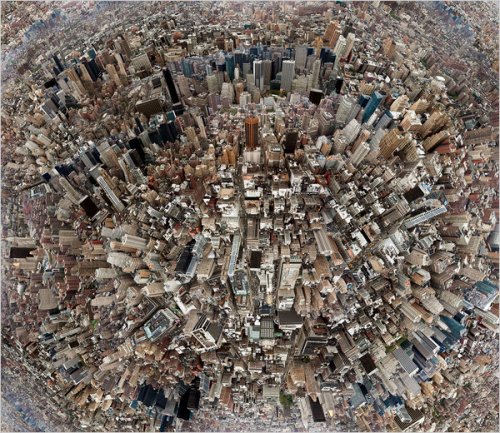A professor was lecturing about communism. The students insisted that communism worked since no one would be poor and no one would be rich – a great equalizer. To show the students whether communism worked or not, the professor designed a social experiment. The professor announced to the class that all grades will be averaged and everyone will receive the same grade.
After the first test, the grades were averaged and everyone got a B. The students who had studied hard were upset while the students who had studied very little were happy.
But when the second test came, the students who had studied little studied even less and the ones who had studied hard before decided that since they could not make an A (even if they got 100%, the bottom half of the class would pull the average down), they also studied less. The second test average was a D.
No one was happy. By the third test, the class average had fallen to an F. Now no one was rich, but everyone was equally “poor”.
Communism ultimately fails because it removes one of the major driving forces of economies – incentive. Money is a key (but not the only) incentive that motivates people to work harder as they are rewarded with a better quality of life. But when private wealth is abolished and wealthy is “equally” (note that it is not “equitably”) split among the population, there is no longer motivation to try harder. Because no one wants to work for the benefit of strangers (due to psychological phenomena such as responsibility splitting and the monkeysphere), the economy does not grow and everyone becomes poor.
Communism essentially relies on the goodwill of the people while disregarding all realistic factors of economic growth. It is an extreme ideal that has failed in every instance in history. The only times communism works is in a small society setting such as a small village or tribe where there are less than 150 people (within the monkeysphere, thus people actually care about all of the others). The idea behind it is admirable – that all human beings have equal rights to a certain quality of life. However, it disregards the most important factor of economics; that resources are scarce and we cannot fulfil the infinite needs of everyone. Monetary incentives at least allow us to seek out these resources ourselves, with market economies rewarding such behaviour with money.
Thus, we should not focus on “equality”, which means that everyone should receive the “same”, but “equity”, which means that everyone should receive a “fair share” according to how much they have worked and contributed to the society.


